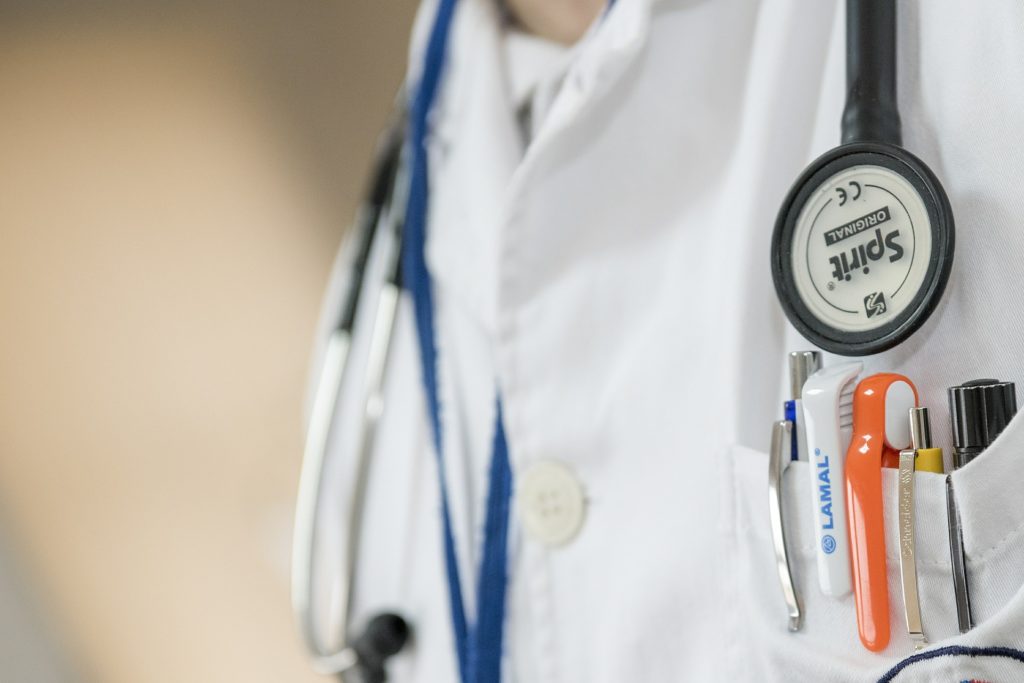As of Sunday [June 21], the Western Cape has a total of 50, 067 confirmed cases of COVID-19, with 35, 559 recoveries and 268 268 tests conducted.
The province has recorded an additional 26 deaths, bringing the total number of COVID-19 related deaths in the province to 1,399. “We send our condolences to their loved ones at this time,” Premier Alan Winde said.

More data, including area breakdown, is available here.
Red Dot Taxi Service Update:
The Red Dot Taxi Service, implemented by the Departments of Transport and Public Works and Health as part of the provincial hotspot strategy, has since its launch on 18 May, transported approximately 12, 000 healthcare workers working at 15 healthcare facilities, over a distance of 150 000 km.
The service provides safe transport home for an average of 450 healthcare workers each evening. The taxis observe strict hygiene and social distancing protocols, which include a screen between the driver and passengers, sanitising of the vehicle between each trip, compulsory wearing of masks and only carrying half of the vehicle capacity.
“Our healthcare workers are incredibly important in the fight against COVID-19 and this service is one additional way in which we are working to protect them. We can also help to reduce the spread of the virus by ensuring that people traveling to our isolation and quarantine facilities, do so in designated vehicles.” said Winde.
Courage on the frontlines:
Winde also commended the hospital staff at Groote Schuur hospital for working around the clock to treat one of their own.
“Today, I would like to acknowledge the healthcare workers and staff of Ward C13 at Groote Schuur Hospital. This team of high care staff had to care for one of their own colleagues, Sister June Anita Richards, who became ill after contracting COVID-19. Sister Richards was admitted to the very same high care ward she has worked in for 20 years, earlier this month, where she was treated using high flow nasal oxygen which was recently introduced as an alternative to ventilation at the hospital.
“Sister Richards was discharged from hospital last week. We wish her well on her road to full recovery and thank all of the doctors, nurses and hospital staff who contributed to her recovery.” said Winde.
Preparing for the peak:
Some epidemiological models, including the National COVID-19 Epi Model (NCEM) which is relied on by the national government for forecasting, have estimated that the province will experience its peak soon. While it is impossible to pinpoint the exact date at which the province will reach its peak, health officials are experiencing increased pressure in their hospitals. At the same time, the economy is opening up further, with personal care services re-opening this weekend and other sectors expected to open soon. Now is therefore the time to be extra vigilant to slow the spread.
Precautions you can take:
-Regular hand-washing and hygiene measures which include coughing into your elbow or a tissue, regular cleaning of surfaces at home or at work, and not touching your face.
-Stay at home whenever possible. Do not go to places where groups of people gather unless necessary. Do not visit family or friends to socialise as this could put everyone at risk.
-Always keeping a distance of at least 1.5 metres between yourself and any other person when you are not at home. This includes in the workplace, in queues, on public transport or anywhere where people gather.
-Wearing a clean, cloth mask whenever you leave home. Wearing your mask correctly and at all times, not only protects you but can prevent you from making others sick.
-Stay at home if you feel sick.
-Seek medical care if you experience shortness of breath
-If you are over the age of 55 or you have an underlying illness, you are at higher risk of becoming seriously ill or dying. It is therefore important that you take extra precautions and stay home wherever possible.
-Those who are healthy should assist those at higher risk with tasks like shopping or errands that require them to leave the house.
Image: Pixabay

